Complete Solutions to CHEMISTRY of chapter NTA JEE MOCK TEST 54 of Class 12 book with complete answers and questions
| Class 12 | CHEMISTRY |
| Chapter | NTA JEE MOCK TEST 54 |
| NTA MOCK TEST | CHEMISTRY |
| Number Of Questions | 25 |
| Academic Year | 2023-24 |
A metal oxide has the formula `Z_(2)O_(3)` . It can be reduced by hydrogen to give free metal and water . 0.1596 g of the metal oxide requires 6 mg of hydrogen for complete reduction . The atomic weight of the metal is
View Solution`2Zn + O_(2) rightarrow 2ZnO, Delta G^(@) = -616 J`
`2Zn + S_(2) rightarrow 2ZnS, Delta G^(@) = -293 J`
` S_(2) + 2O_(2) rightarrow 2SO_(2), Delta G^(@) = -408 J`
`Delta G^(@)` for the following reaction
`2ZnS + 3O_(2) rightarrow 2ZnO+ 2 SO_(2) ` is
View SolutionReactivity of borazole is greater than that of benzene because
View SolutionThe orbital diagram in which the Aufbau principle is violated
View SolutionWhich of the following volume-temperature `(V-I)` plots represents the behaviour of `1 "mole"` of an ideal gas at the atmospheric pressure?
View SolutionUnder ambient condition , the total number of gases released products in the final step of the reaction scheme shown below is
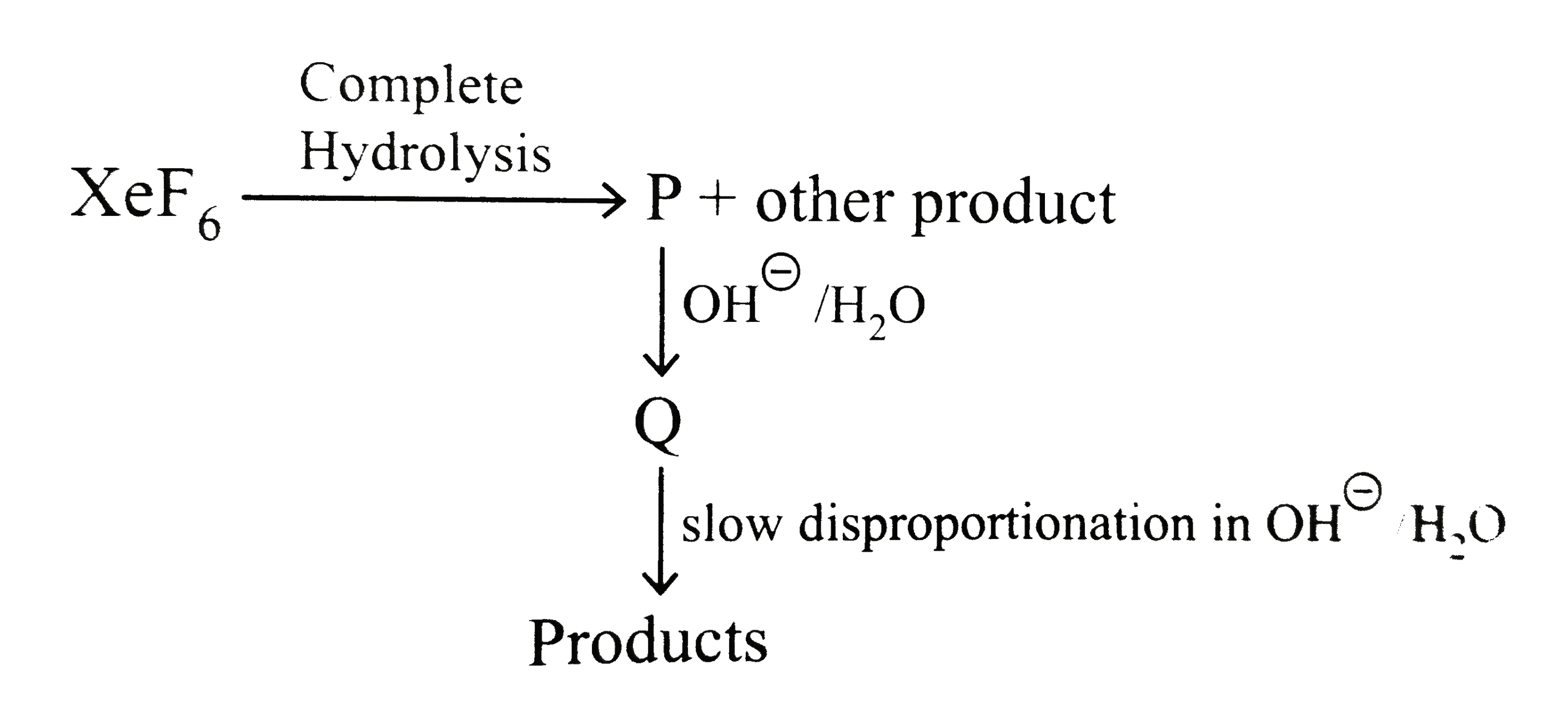
View SolutionWhich of the following is more basic than aniline? .
View SolutionIn a compound `C, H, N` atoms are present in `9:1:3.5` by weight. Molecular weight of compound is `108`. Its molecular formula is:
View SolutionFor which of the following molecule significant `mu ne 0`?
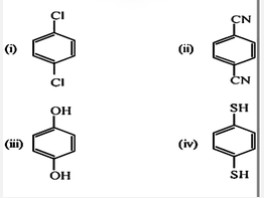
View SolutionThe correct statement is
View SolutionThe intermediate product (X) formed in the following reaction is
`B_(2)H_(6)+6NH_(3)rarr 3K overset("heat")rarr 2B_(3)N_(3)H_(6)+12H_(2)`
View SolutionThe major product of the following reactions is
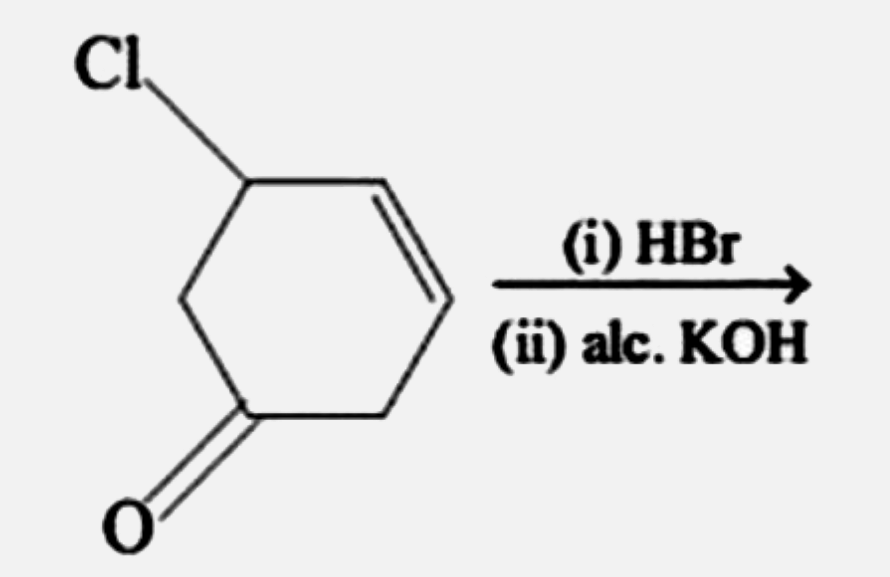
View SolutionProduct (X and Y) of the following reaction (1 and 2) are
(1) `underset("(Cold and dilute)")(2NaOH)+Cl_(2)rarr NaCl +X+H_(2)O`
(2) `underset("(Hot and conc.)")(6NaOH)+3Cl_(2)rarr NaCl+Y+3H_(2)O`
View SolutionIn a galvanic cell, after running the cell for sometimes, the concentration of the electrolyte is automatically raised to 3 M HCl. Molar conductivity of the 3 M HCl is about `"240 S cm"^(2)" mol"^(-1)` and limiting molar conductivity of HCl is about `"420 S cm"^(2)" mol"^(-1)`. If `K_(b)` of water is `"0.52 K kg mol"^(-1)`, calculate the boiling point of the electrolyte at the end of the experiment.
View SolutionAddition of excess aqueous ammonia to a pink coloured aqueous solution of `MCl_(2). 6H_(2)O(X) and NH_(4)Cl` gives an octahedral complex Y in the presence of air. In aqueous solution, complex Y behaves as 1:3 electrolyte. The reaction of X with excess HCl at room temperature results in the formation of a blue coloured complex Z. The calculated spin only magnetic moment of X and Z is 3.87 B.M., whereas it is zero for complex Y.
Among the following options, which statement is incorrect ?
View SolutionGiven that `E_(O_(2)//H_(2)O)^(Theta)= +1.23V`, `E_(S_(2)O_(8)^(2-)//SO_(4)^(2-))^(Theta)=2.05V`, `E_(Br_(2)//Br^(-))^(Theta)=+1.09V`, `E_(Au^(3+)//Au^(Theta))=+1.4V`
The strongest oxidizing agent is :
View SolutionWhich of the following is NOT a Correct method of the preparation of benzylamine from cyanobenzene?
View SolutionThe equalitative sketches I, II and III given below show the variation of surface tension with molar concentration of three diferent aqueous solutions of `KCl, CH_(3)OH` and `CH_(3)(CH_(2))_(11)OSO_(3)^(-)Na^(+)` at room temperature.
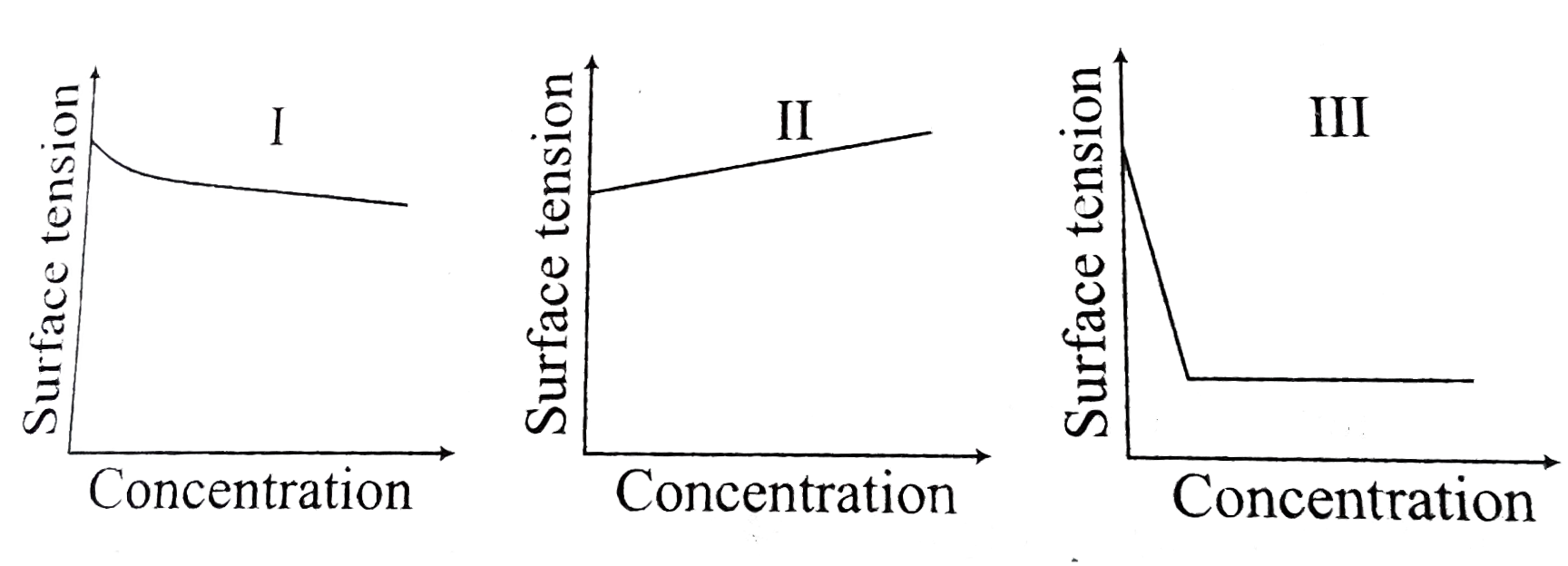
The correct assignment of the sketches is
View SolutionWhat is the IUPAC nomenclature of isoprene monomer present in natural rubber?
View SolutionWhat is the relationship between the given structures (look at the arrow)?
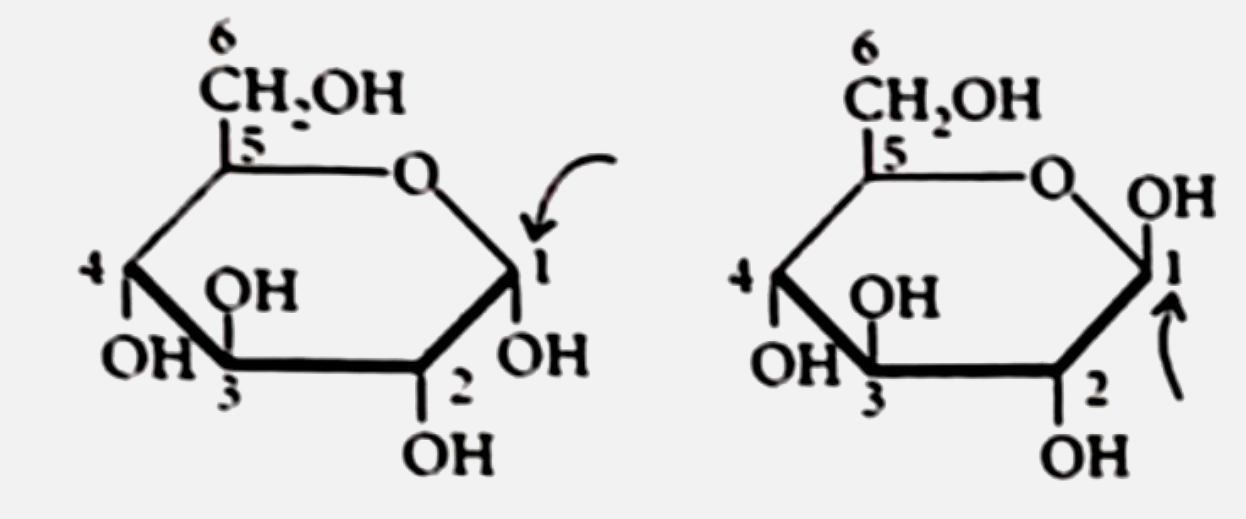
View SolutionIn dilute aqueous `H_(2)SO_(4)` the complete diaquadioxalatoferrate (II) is oxidised by `MnO_(4)^(-)`. For the reaction, the ratio of the rate of change of `[H^(+)]` to the rate of change of `[MnO_(4)^(-)]` is
View SolutionA list of species having the formula of `XZ_(4)` is given below `XeF_(4), SF_(4), SiF_(4), BF_(4)^(-), BrF_(4)^(-), [Cu(NH_(3))_4]^(2+),[FeCl_(4)]^(2-), [CoCl_(4)]^(2-)` and `[PtCl_(4)]^(2-)`
Defining shape on the basis of the location of `X` and `Z` atoms, the total number of species having a square planar shape is
View SolutionExperimentally it was found that a metal oxide in formula `M_(0.98)O`. Metal `M` is present as `M^(2+)` and `M^(3+)` in its oxide ,Fraction of the metal which exists as `M^(3+)` would be
View SolutionIn a constant volume calorimeter, `3.5 g` of a gas with molecular weight `28` was burnt in excess oxygen at `298.0 K`. The temperature of the calorimeter was found to increase from `298.0 K to 298.45 K` due to the combustion process. Given that the heat capacity of the calorimeter is `2.5 kJ K^(-1)`, find the numerical value for the enthalpy of combustion of the gas in `kJ mol^(-1)`
View SolutionIn the scheme given below. The total number of intramolecular aldol condensation products formed form Y is

View Solution
CHEMISTRY questions and complete solutions for chapter NTA JEE MOCK TEST 54 of NTA MOCK TESTS of Class 12